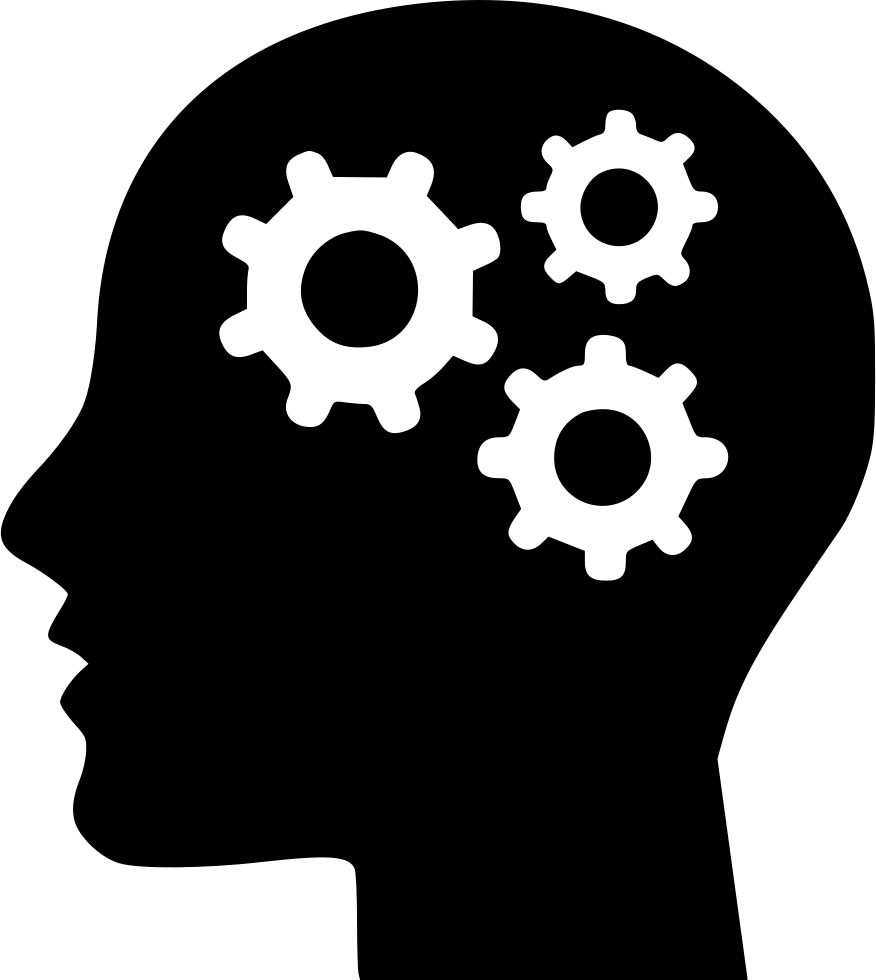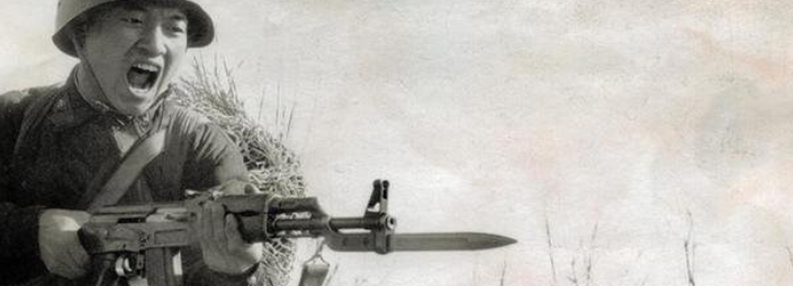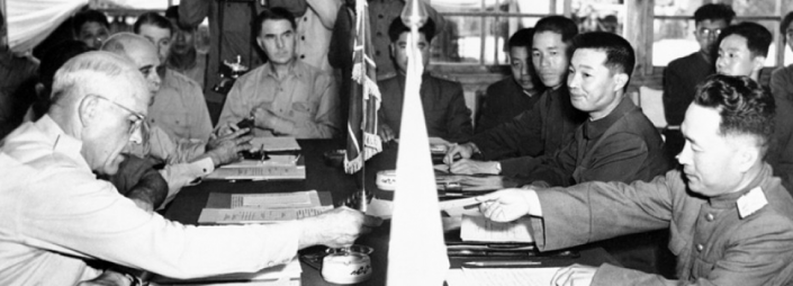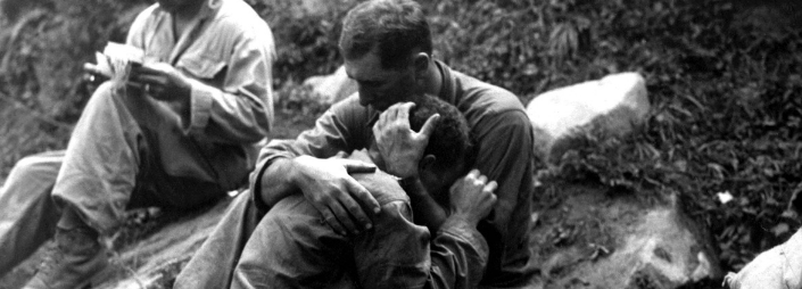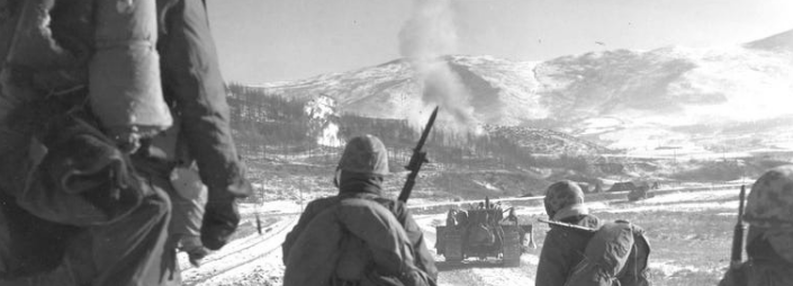Unit Outline
The Korean War is considered by many historians as one of the key crises of the Cold War. In terms of causation, the conflict was highly consequential for all its participants, none more so than the Korean people themselves who still live with the political division of the peninsula. The war is also significant for the impact it had on the internal dynamics of the superpowers. The attritional nature of the conflict dragged on for over three years, sapping away at the support for political leaders like President Truman who would eventually suffer defeat to Dwight D. Eisenhower in 1952. In China, the impact of the war helped consolidate the power of the CPC. For Stalin, the war may have drained US resources, but it also led to divisions within the communist world and served to unite capitalist nations against Soviet expansionism.
Clearly, the war led to unexpected changes in the scale and direction of the Cold War, setting the pattern of interaction for the rest of the conflict. The war also makes clear the global scale of the conflict. Moving beyond the boundaries of Europe, the Cold War was now arguably more contested in East Asia. Therefore the statement of inquiry for this unit is:
|
STATEMENT OF INQUIRY
The consequences of modern wars are far reaching, highlighting the interconnected nature of the global system
GLOBAL CONTEXT
Globalisation and Sustainability (Commonality, diversity and interconnection) - Students will explore the interconnectedness of human-made systems and communities; the relationship between local and global processes; how local experiences mediate the global; the opportunities and tensions provided by world interconnectedness; the impact of decision-making on humankind and the environment.
KEY HISTORY CONCEPT
Consequence - History is the understanding of how forces in the past have shaped future people and societies. Students demonstrate competency as historical thinkers where they understand and can explain how significant events and people have had both short-term and long-lasting effects. Students use evidence and interpretations of those people and events to make comparisons between different points in time, and to make judgments about the extent to which those forces produced long-lasting and important consequences.
RELATED HISTORY CONCEPT(S)
Interdependence - Interdependence is the state of two or more individuals, groups or societies being reliant on each other. This mutual dependence is often derived from a need for individuals, groups or societies to grow, develop, change and/or advance. Interdependence can lead to a variety of results, both positive and negative. These results can be the same or different for the parties involved in the interdependent relationship. As well, these results can change depending on the time period and location in which the individuals, groups and/or societies exist. Relations of interdependence are not necessarily horizontal. Historiography can also study processes of dependency, domination and power between peoples or nations.
|

